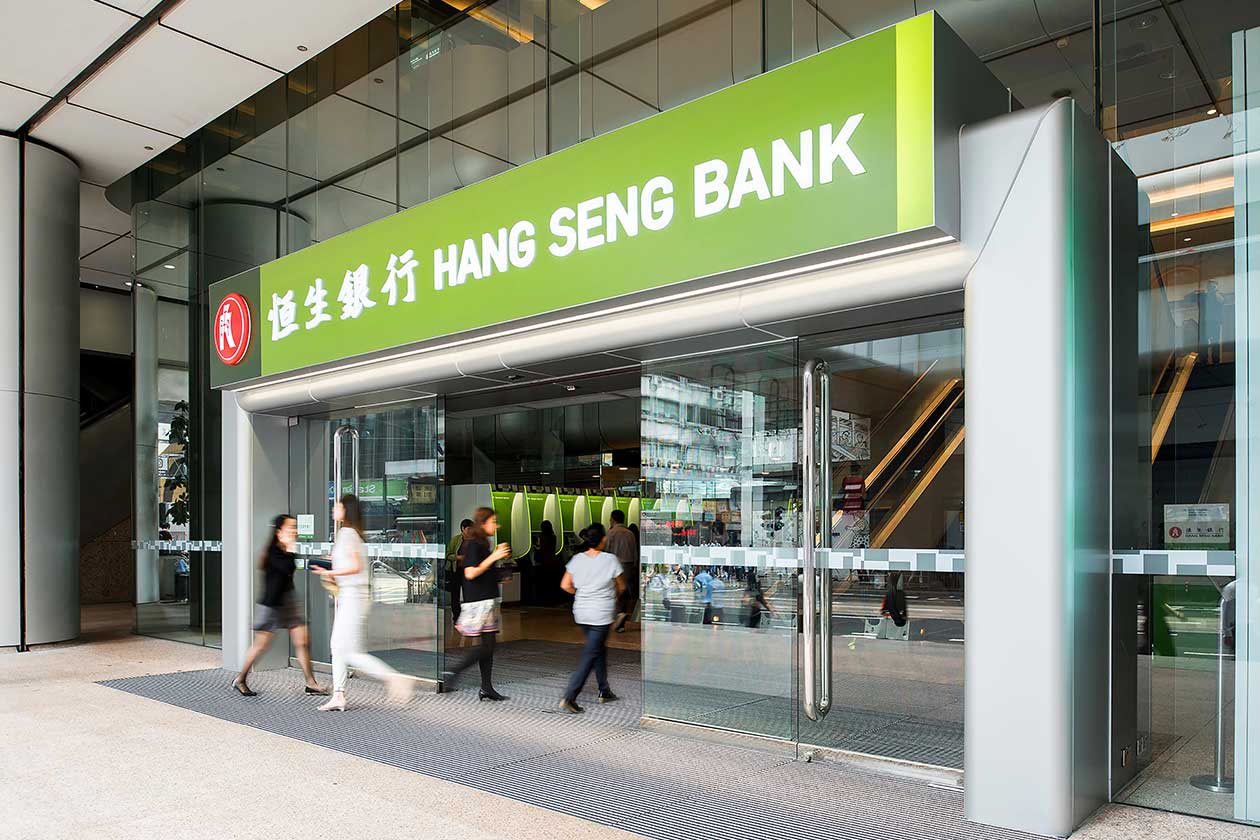We use cookies to give you the best possible experience on our website. By continuing to browse this site, you give consent for cookies to be used. For more details, please read our Online Terms & Conditions, Privacy Policy, Cookies Policy and Personal Information Collection Statement.
We recommend using a computer web browser or Hang Seng Mobile App to log on for enhanced security. Please visit "Security Information Centre" for more security tips.

Aiming to achieve net zero in our own operations[1] by 2030 and offering customers a broad range of climate solutions.
Promoting inclusion and resilience by equipping our people with future skills, enhancing customer experiences with inclusive financial services, and contributing to social good and creating shared value.
To uphold high standards of corporate governance while embedding ESG principles throughout our organisation.
Environmental ambitions
Sustainable finance
Youth
Climate risk management
Advocacy and awareness
Disclosure


We're dedicated to supporting our customers and markets in transitioning towards a low-carbon economy while driving ESG evolution within Hong Kong's financial sector.